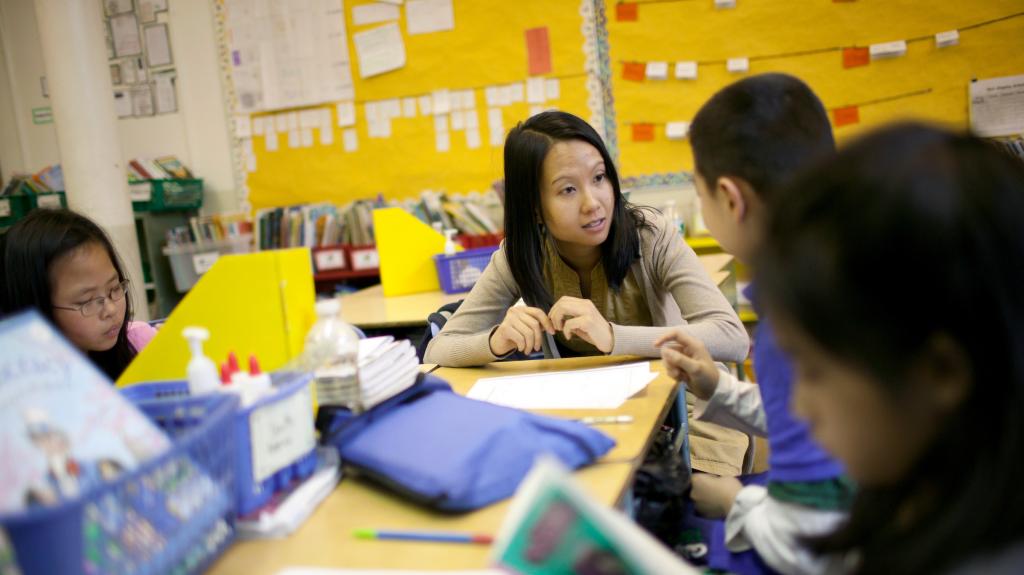Early Childhood Education - Career Paths & Degree Types
If you’re a prospective educator who loves to work with young children, know that you can start down your career path even before you enter college (by volunteering to help at a local school). Your bachelor’s degree from an early childhood education program will kick your career into high gear, exposing you to the coursework and field experiences that will establish your mastery and expertise. You’ll study everything from child development to classroom management and maybe even develop a specialization like special education. Noodle can guide you through the process with our many articles covering training, licensure, and job searches in early childhood education. When it comes time to earn your master’s degree, Noodle will be there as well with guides to the best, and most affordable, programs, along with advice on how to finance your education.
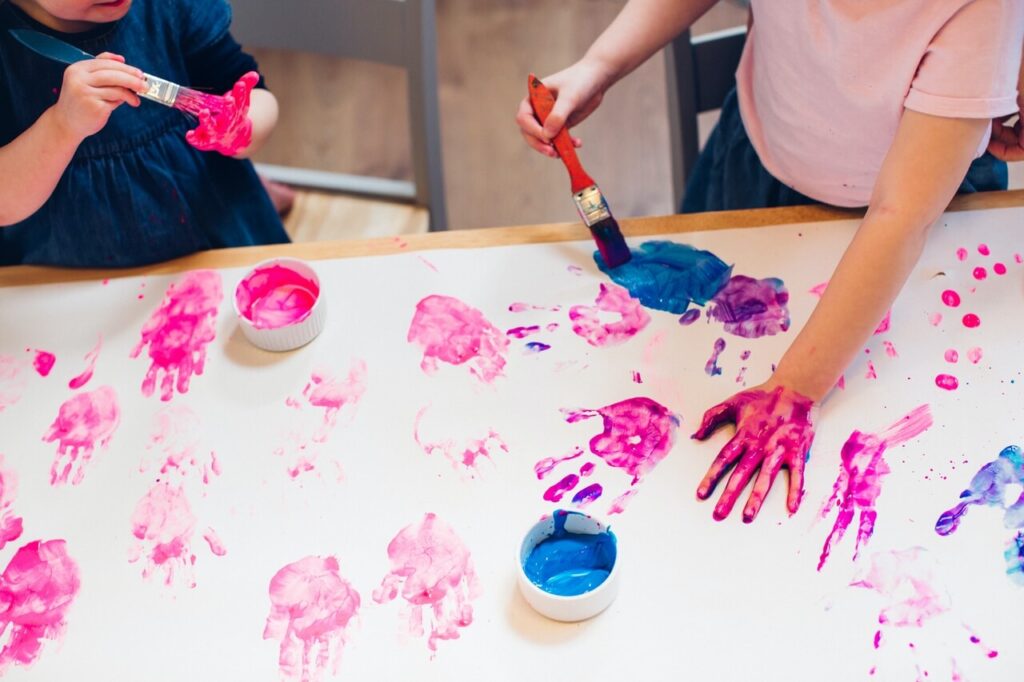
Latest Articles

How Much Can Kindergarten Teachers Earn in 2023?
Article

Why Get a Master's Degree in Early Childhood Education: Top 10 Reasons
Article
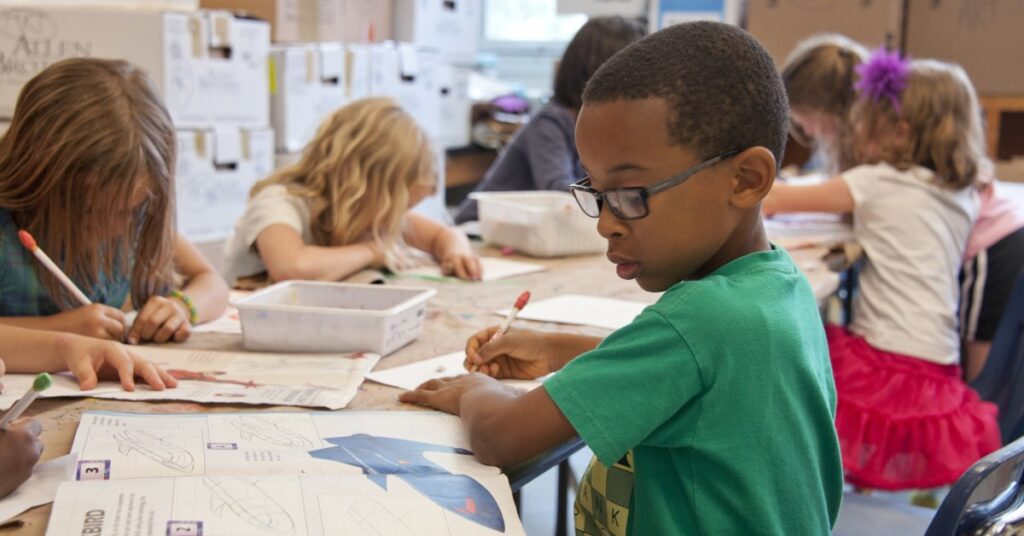
How to Become an Elementary School Teacher
Article
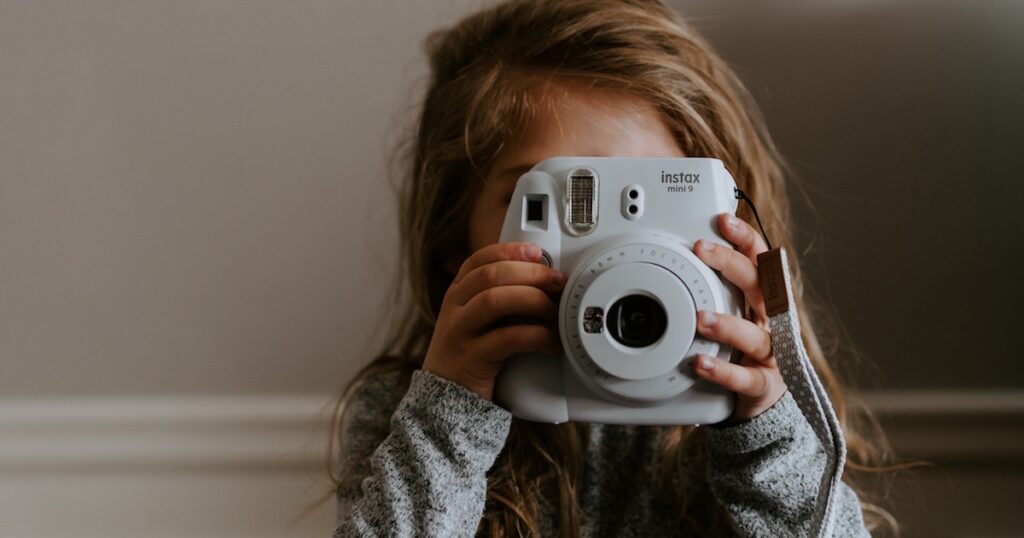
How Much Do Preschool Teachers Earn?
Article

The Top 10 Reasons to Get a Master's in Early Childhood Education-Reading
Article
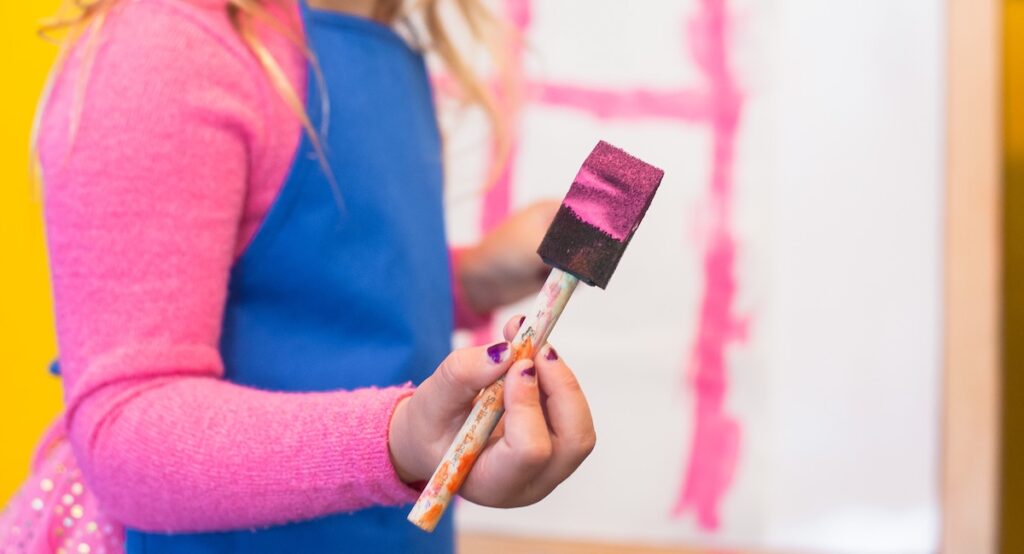
Should You Get a Bachelor's Degree in Early Childhood Education?
Article
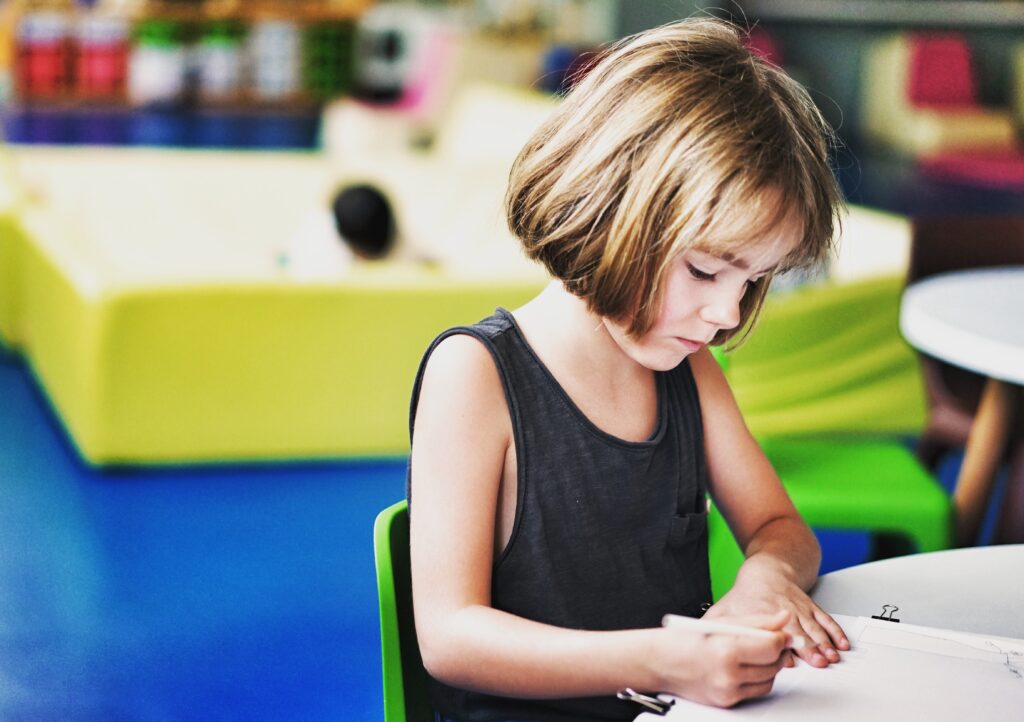
Shape a Child’s Future and Become a Kindergarten Teacher
Article
